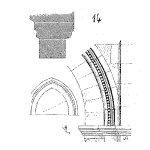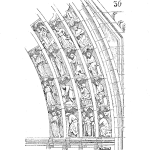
- Are you frustrated at work?
- Do you see value but you can’t convince anyone to capture it?
- Do you know what your company needs to do but you can’t seem to get buy-in?
- Have you have taken all the training courses but it doesn’t change your operation?
- Do you feel unhappy, bored, unfulfilled, unmotivated or disengaged at work and in life?













 Ask a question or send along a comment.
Please login to view and use the contact form.
Ask a question or send along a comment.
Please login to view and use the contact form.